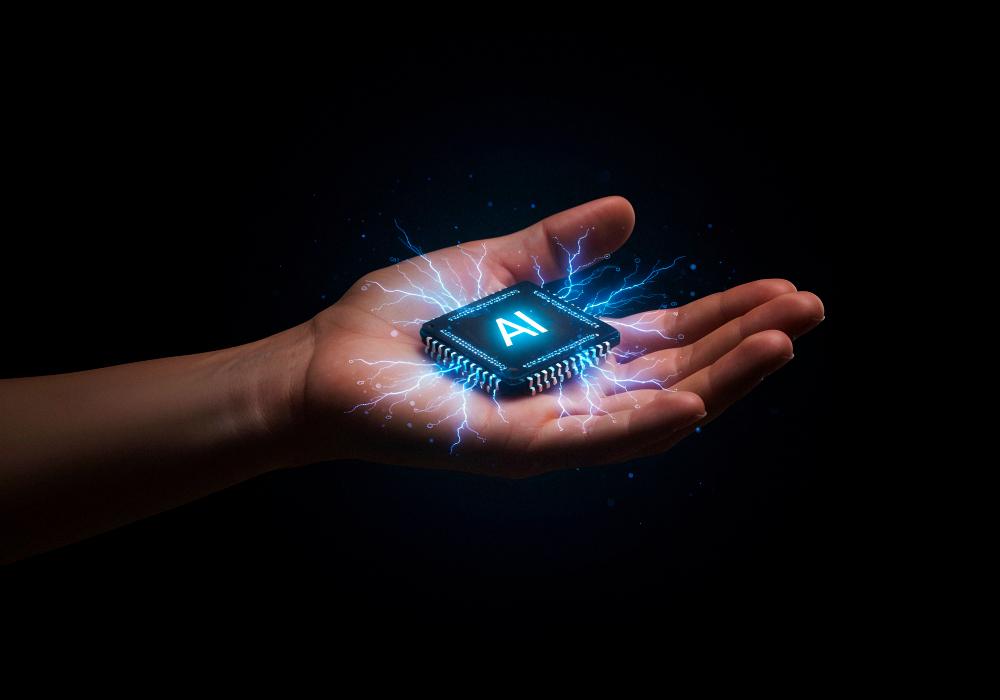AI Agents: The Future of Intelligent Automation

In recent years, the rise of artificial intelligence has brought us closer to a new era of automation one where systems don’t just follow rules but can think, adapt, and act independently. At the center of this revolution is AI agent development, a rapidly evolving field that’s redefining how businesses operate and innovate.
What is an AI Agent?
An AI Agent is a software-based entity capable of perceiving its environment, understanding goals, making decisions, and taking actions to achieve those goals often without direct human intervention. Unlike traditional automation tools that follow static scripts, AI Agents can handle dynamic, multi-step tasks and adapt to changing conditions in real-time.
Why AI Agent Development Matters
The significance of ai agent development lies in its ability to bridge the gap between raw AI capabilities and real-world business applications. By designing agents that can integrate with enterprise systems, process data, and make context-aware decisions, organizations can unlock unprecedented levels of efficiency.
Some core benefits include:
-
24/7 Availability – AI Agents never tire, ensuring round-the-clock operations.
-
Contextual Decision-Making – They analyze real-time data to choose the best course of action.
-
Scalability – Handle hundreds or thousands of concurrent tasks without proportional increases in manpower.
-
Continuous Learning – Machine learning algorithms help agents get smarter over time.
Applications of AI Agents in Business
AI agent development is making waves across industries:
-
Customer Service
AI Agents can handle inquiries, troubleshoot problems, and escalate complex cases all while maintaining a personalized touch. -
Marketing Automation
From content generation to campaign optimization, AI Agents can manage marketing tasks based on audience data and performance metrics. -
Supply Chain Management
Intelligent agents track inventory, predict demand, and coordinate logistics, reducing bottlenecks and waste. -
Data Analysis & Reporting
Instead of static dashboards, AI Agents can proactively deliver insights and recommend actions based on live data.
The Process of AI Agent Development
Developing an AI Agent involves several key steps:
-
Defining Goals & Scope – Identify the specific task or workflow the agent will automate.
-
Selecting a Framework – Tools like LangChain, AutoGen, and CrewAI offer robust capabilities for building agents.
-
Training & Fine-Tuning – Use pre-trained models, then adapt them for the domain-specific context.
-
Integration – Connect the agent to business systems via APIs or direct embedding.
-
Testing & Iteration – Continuously refine the agent based on performance feedback.
Challenges in AI Agent Development
While the potential is enormous, ai agent development comes with its own challenges:
-
Data Quality – Poor or biased data can limit an agent’s effectiveness.
-
Security Risks – Autonomous systems must be safeguarded against misuse or vulnerabilities.
-
User Trust – Transparent, explainable AI is crucial for adoption.
The Road Ahead
As models become more powerful and tools more accessible, AI agent development will shift from a specialized skill to a common business practice. We can expect a surge in domain-specific agents, multi-agent collaborations, and integration with IoT and edge computing.
In the near future, AI Agents won’t just support human work they’ll be active partners in decision-making, innovation, and problem-solving.
Final Thought:
AI Agents are no longer just a tech buzzword. With advancements in ai agent development, they’re rapidly becoming a practical, high-impact solution for businesses looking to automate intelligently. Companies that embrace this shift early will position themselves at the forefront of efficiency and innovation.
- AI
- Vitamins
- Health
- Admin/office jobs
- News
- Art
- Causes
- Crafts
- Dance
- Drinks
- Film
- Fitness
- Food
- Games
- Gardening
- Health
- Home
- Literature
- Music
- Networking
- Other
- Party
- Religion
- Shopping
- Sports
- Theater
- Wellness


